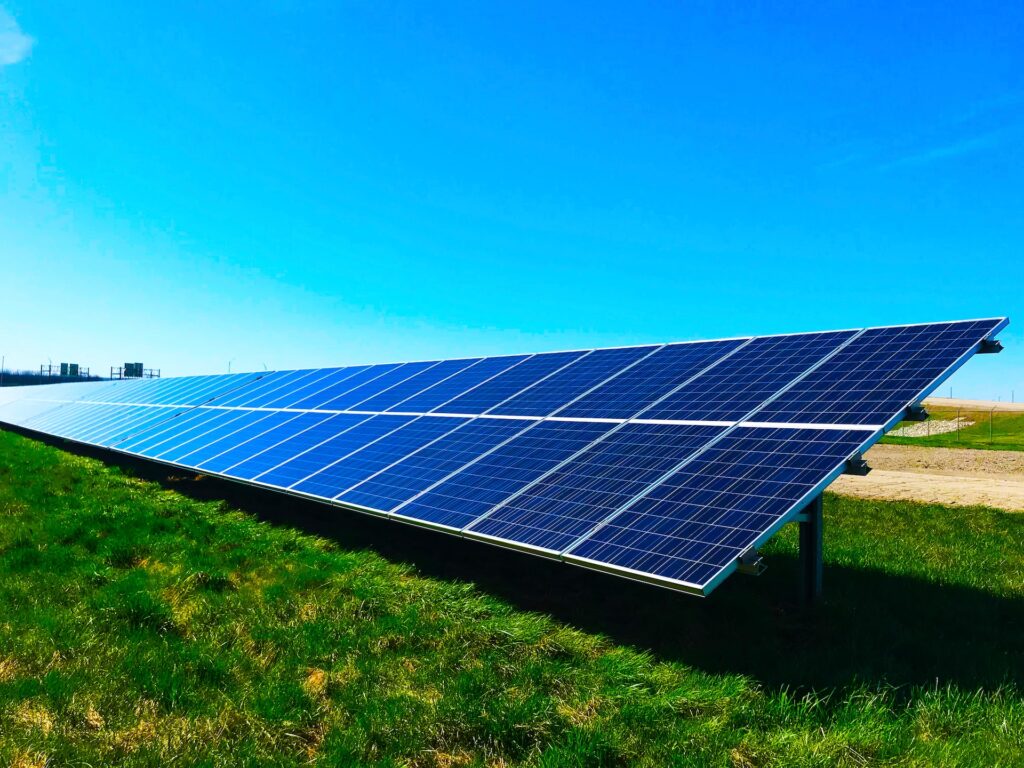Clean Energy
FINANCING CLEAN ENERGY PROJECTS
P-Solutions designs and deploys innovative financing and business models that expand access to solar and other renewable sources for people with low incomes and projects in low-income communities.
SUSTAINABILITY INITIATIVES
P-Solutions’ sustainability initiatives develop financing tools and web platforms for energy conservation, energy efficiency and renewable energy investments, primarily for the affordable housing and non-profit sectors. For years, affordable housing developments have been built or rehabbed with limited “first cost budgets” that typically trade off lower development costs for higher life-cycle costs. Today, these properties have higher operating and utility expenses, are less durable and create less-healthy living environments.
Our aim is to improve building energy and environmental performance, stabilize and lower affordable housing developments’ operating expenses, and create opportunities for low-income communities to address climate change, use energy more wisely and benefit from the adoption of renewable energy technologies.
Solar
Alongside local builders and vendors, P-Solutions has worked since 2008 to help low-income communities gain access to the cost savings and price stability of solar power and participate in efforts to address climate change. We intend to develop and own photovoltaic systems within our target markets. By default of our mission statement, most of our projects will serve affordable, multifamily housing developments and typically meet 100% of their common area electricity needs.
P-Solutions provides the upfront capital for the panels and installations, captures the value of significant solar tax credit incentives, and ensures that the systems are designed and operated to maximize solar electricity generation–overcoming three barriers many low-income customers face in adopting this clean technology.
New Market Tax Credits

WHY CLEAN ENERGY
Our policy work has focused on ensuring that low income communities and residents benefit from and participate in the adoption of new, clean and sustainable technologies and policies. We focus on financing tools and strategies that align the long-term benefits and financing of high performing buildings—ones that are less expensive to operate and maintain, healthier to live in, and located in convenient, transit-oriented sites.
We believe that successful policy emerges from real-world practice and we are committed to use our experience to shape effective policies that serve low-income communities. For example, through our solar work, we recognized that solar incentive programs were focused on rooftop solar systems, primarily for homeowners who could take advantage of federal income tax incentives. This leaves out households who do not have a federal income tax liability and those, such as tenants, who cannot put solar on their own roofs; both groups are disproportionately low-income residents. In response, we created community solar project that eliminates complex tax and financing requirements and provides savings for low-income households who could not otherwise access solar power.
We advocate tirelessly for policies that both solve the energy problems facing low-income households and help spawn new green markets.
What drives us? Our steadfast belief that the communities we serve not only stand to benefit the most but have the potential to lead every community toward a more sustainable future.
Consulting
We build on our expertise in solar power to bring the benefits of sustainability to affordable housing and nonprofit facilities.
The goal is better buildings—cheaper to operate, easier to manage, healthier to live in and a source of pride for the people who live in and around them.
